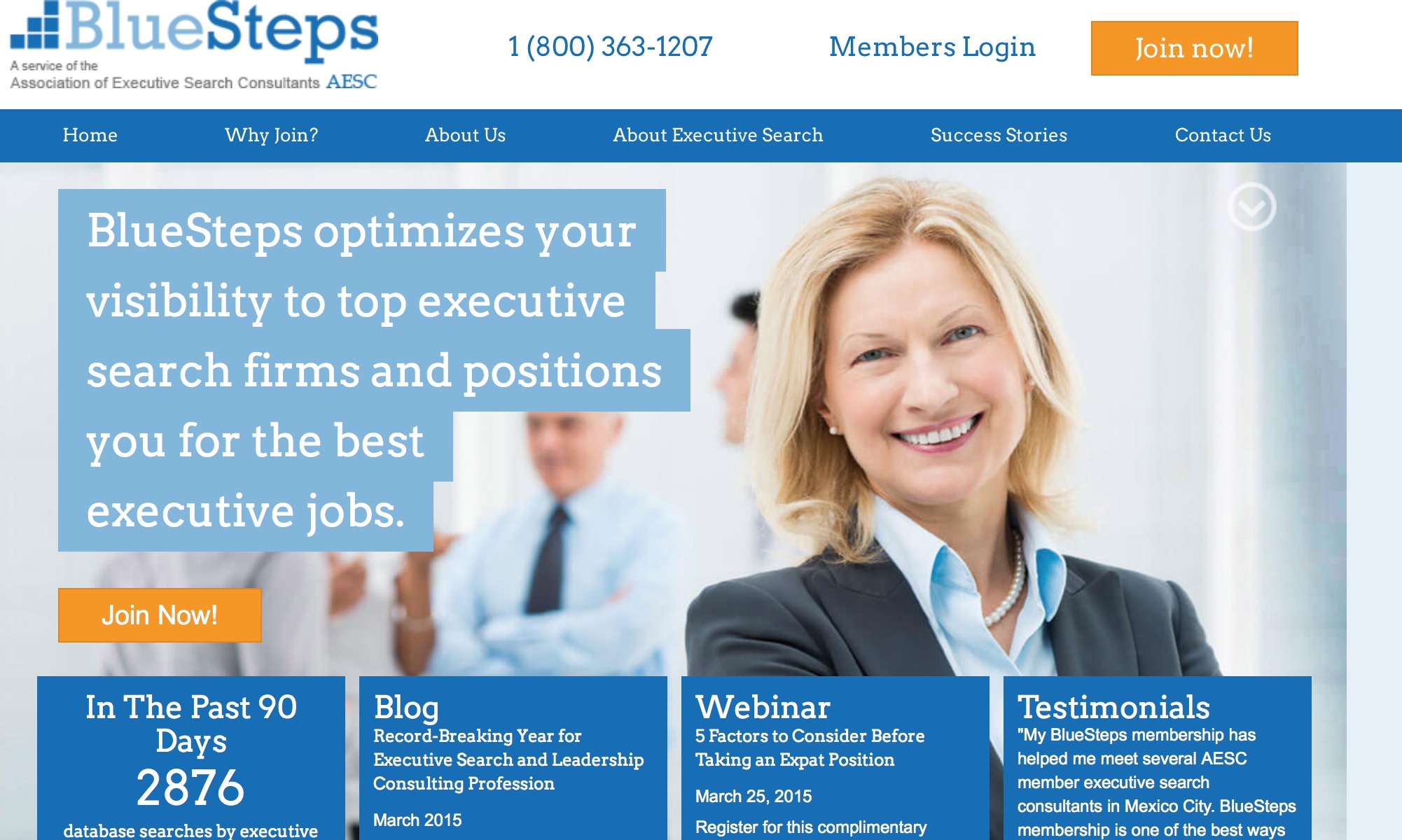Why Recruiters Aren’t Returning Your Calls
There is a long-standing misconception among job seekers about recruiters – how they can help, how to engage them and, most often, why they’re not returning your calls.
When I was head of marketing for the Association of Executive Search Consultants, we spent a lot of time explaining the difference between retained search consultants and contingency recruiters. To provide candidates with the opportunity to be “found” by search firms, the organization created a senior-level candidate site called BlueSteps.com, where candidates could pay a fee to list their credentials and search firms would consult the site to help fill their searches.
If it sounds like a roundabout way to “find a recruiter”, it is, and that’s on purpose. Here’s some information on how the three types of recruiters work and what needs to happen for them to help you.
Retained Search Firms
Retained search firms are hired by a client company to fill its most senior positions. The retainer is based on a percentage of compensation for the position and search firms are paid even if the client hires an internal candidate. Because search firms work exclusively on retainer, they do their own extensive research on the market and to identify candidates, the majority of whom are employed, are already working in the field and have the most relevant experience for the open position. Generally speaking, positions search firms represent have a salary level of $150K plus, but this varies from market to market and in some fields like non-profit, minimum salaries may be lower. When searching for candidates they typically avoid the unemployed, those with unexplained gaps in their resumes, and those with “non-traditional” backgrounds. In other words, they are looking for an ideal fit to add to the slate of candidates they will present to their client.
How do you get a retained search consultant to pay attention to you? You should have a successful track record in your field, become a “thought leader” through writing and speaking, join committees at professional associations, and mentor and sponsor junior people. If a search consultant contacts you about a search s/he is working on, do not ignore the call, even if you know for sure you’re not interested. Help them with a search and they will likely think of you when a more appropriate position comes up.
Contingency Recruiters
Most of the recruiting world is made up of this type of recruiter. Again, they are engaged by a client company to fill a position, but in this case they get paid a percentage of the job’s salary only if they make a placement.
These recruiters will place adds for open positions on all types of job sites, including LinkedIn, Indeed, The Ladders, etc., in addition to specialized sites.
While a recruiter working on contingency may have suggestions for your resume, they are not in the business of writing resumes or making improvements to your LinkedIn profile. They may tell you they have other positions you could be qualified for, in addition to the one you contact them about.
Don’t expect them to help you discover your ideal career, help you practice your interviewing skills, connect you with other positions outside their purview, or anything not directly related to presenting your resume to their client.
If you contact them and they like your experience and the way you present yourself, they will probably get in touch. Be aware that the sheer volume of applicants they are dealing with may prohibit them from paying attention to your resume unless you find a creative way to connect to them. Similar to retained search consultants, they are unlikely to respond to you if you don’t fit the exact profile they are looking for.
In-House or Contract Recruiters
Most large companies have an in-house recruiting department that recruits candidates for mostly mid-level and junior roles. (There are still some companies that conduct all of their recruiting through their in-house recruiters but more often the most senior level searches will still go to retained search firms.)
To source candidates, in-house recruiting teams will post job ads on relevant websites and visit college and graduate school campuses to interview candidates onsite. For specialized roles they will target programs and students doing promising work in the field. Having only one organization to focus on means that the in-house recruiting team is embedded in the company culture and through experience should become adept at recognizing ideal candidates. For companies with high volume recruiting needs this approach makes the most sense.
As a candidate you can apply through the company website and make sure to hit the right keywords and experience descriptors. In-house recruiters are in wide attendance at career fairs and often speak on panels about what they are seeking in a candidate and how to best approach them.
The bottom line is: Don’t get discouraged if you are reaching out to recruiters without success. The best way to find your ideal job is to be specific about what you’re looking for, work on improving your profile in the field, reach out to as many contacts as you can to help you identify the hidden job market and package and market yourself effectively. If any of this eludes you, I’m here to help.
For more information about retained vs. contingency search, check out the AESC website.

